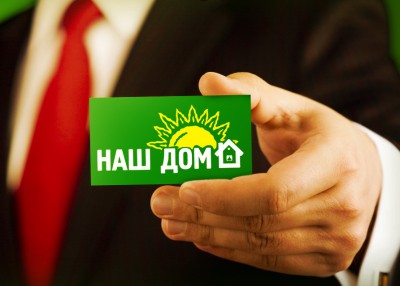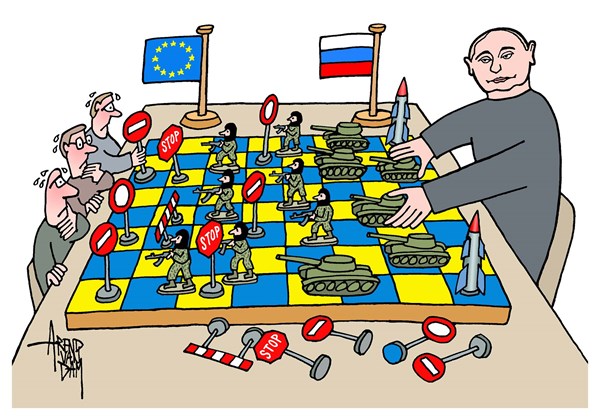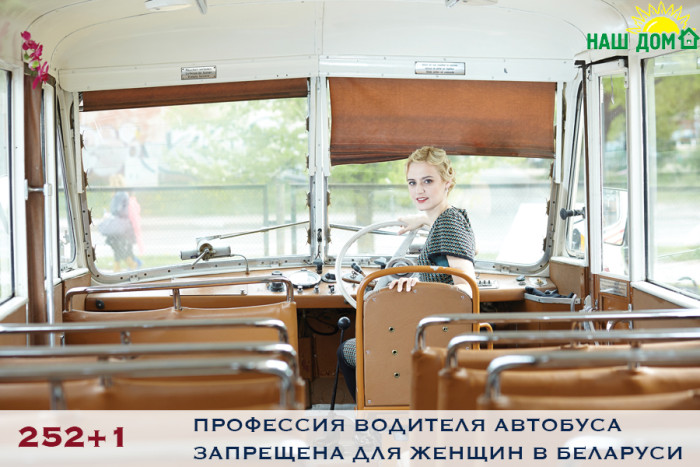Мediakrtika.by portal asked politicians to elaborate on what the media law would look like, had they come to power.
Our first interlocutor is resolute and somewhat flamboyant Olga Karatch from Vitsebsk. The young female politician has shared her opinion about reforms in the country’s information field.
If you win the election, what will a new media law look like?
I sympathize with Lithuanian experience. In order to register a media outlet, all you need to do is write a letter just to notify that you are going to publish a newspaper. That’s it. Moreover, you cannot be refused, because the principle is not permissive or prohibitive) but simply declarative.
Introducing registration or restrictions means to fight windmills. Nowadays, people get information from social media. It is difficult and silly to block those channels. In other words, the state just wastes money. Suppressing Belarusian media gets even more ridiculous, because in Belarus we all live in the Russian – not Belarusian – information space.
I totally object to the minister of information. What is it for? What is it? All applications can be filed with the departments of justice, where applicants can get their registration certificate and taxpayer identification number. There is no need to make things more complicated.
Many of your colleagues suggest that the Ministry of Information could restrict the flow of propaganda from Russian information channels.
How do you see at this role of the ministry in the future?
The problem is not with the Russian media. The problem is that Belarusian media are currently deprived of almost all mechanisms of influence. People follow the Russian TV channels and websites, because they are more attractive than ours.
Belarusian media have been suppressed by the state for so long that they are now unable to compete with the Russian or Polish media. It is as if our media had 20 days of hunger strike and then had their livers beaten and the intimidated and then were told: now you are free to run. But on the pitch, they have to compete with Olympic athletes – Russian and European media, which took all that time to train and improve. It is obvious who will finish the first in this competition. It is silly to shut down REGNUM, for example, or remove some channels from broadcasting networks. I am not a fan of prohibitive measures.
Talking about the functions to be performed by the information ministry during the transition period, protection of journalists should be the one in the first place. Belarusian media should be declared untouchable. It cannot be the way that you have published a hard-news sensitive story today and you get more inspections than the number of says in a year. Officials must comment to media and should not be able to dodge it. The state should react to the situation when a journalist covers a mass event but a police officer breaks his camera. Only then will journalists find it easier to work and their stories will become more interesting. This is our task, the task of the state.
Are you talking about some special state-support program?
Yes. The state support should be implemented at several levels: first, legislation. It aims to remove barriers which hinder the operation of media. It should be made mandatory for officials and public servants to communicate with media. The second level is financial. A system of state grants should be built. Grants save public funds, because people who compete for them have inner motivation to address a specific and important problem. The third level is about incentives. The state should encourage via bonuses and contests the publication of sensitive hard news – Most Relevant Photo, Most Story-telling Photo, Most Influential Article, etc. Grants should be for legal persons, bonuses — for talented individuals. Journalists need to have motivation to develop – not like the situation is nowadays. Besides, contests and bonuses will stimulate competition.
By encouraging only “hot” topics,
doesn’t the state take risk of triggering a boom of “yellow” media, which aim at creating scandals for the sake of scandals and pseudo-investigations for the sake of grant?
Definitely, and nobody said it would be easy. Several serious problems will immediately emerge on the surface.
We should be prepared for the situation when our society perceives any structure, human being, leader, and team – anything that keeps silence in respond to criticism instead of smashing into face as something weak. People will think: the power allows journalists to write critical stories and nobody was imprisoned, so the state is weak. It will be a very serious problem to explain it is exactly the opposite – strength not weakness — not to be afraid of criticism.
Media will have the feeling of freedom the way it was in early 1990s after the breakup of the Soviet Union when we felt we could move mountains and reach the sky. This feeling will infatuate journalists for some time in such a way that they will find it difficult to behave properly. Yes, it is true that there will be a lot of yellow press during the transition period and the level of materials will be drastically lower. Yet, we cannot avoid a transition period.
Can this outburst of freedom of speech provoke the Belarusian version of Charlie Hebdo events?
This question is about societal culture and the culture of discussion. There was a good example with Nasha Niva newspaper when people could openly discuss whether it was acceptable to publish anecdotes and mock the victims of sexual violence? The answer to this question and ethical principles on the whole should be developed naturally through public debates. Practice shows that social norms cannot be imposed legislatively. The 1994 Constitution of Belarus is a classical example. It was proposed from the top and was never discussed by society. I am always appalled, when I refer to the Constitution when talking to officials and they say: “This is your Consrtitution. You have chosen it yourselves.” Is it really so?
Yes. It will be difficult, but the transition period cannot be leapfrogged. Prior to the party, people pushed all the waste and their things into dark rooms and locked them. Everything is stinking there, but these dark rooms must be sooner or later opened and cleaned up. Currently, our state fears to do it.
How long this transition period will last depends on Belarusian society. People should learn how to pose the following questions to them: what country do I want to live in? Do we need tomographs for hospitals for an ice-ring palace? What is insult and what is not?
But the state must encourage promising projects and intellectual – not just hot and popular — products. Obviously, serious analytics will always attract less readers than the news about, let’s say, Shushkevih stealing a box of nails. In this case, the state must come up with a mechanism of checks and balances – yet, without prohibiting and by encouraging the natural development.
You mean that the state reserves the rights to define what “intellectual” and “hot” is?
Yes for the transition period. After the transition period, the state will turn from a regulator into a moderator. It will focus on supporting small media outlets, which were in a difficult situation during the transition period.
Yes, there is a huge danger of returning back to the usual practices during this difficult transition period: jailing of journalists, sanctions, etc. At that point, political will is needed. But we should anyway open wide those rooms and get out of the trenches. We cannot deceive people and say: “Choose our team and you will live in heaven. Everything will be alright and your salary will be $3000.” No, it will not happen. But if we speak openly that there are some specific problems and we are set to address them in a specific way, we will pass this transition period quickly.
What will happen to state-owned media under Olga Karatch?
They will have to work according to the principles used in Sweden, where public media do not advertise those in power and are not a mouthpiece of a certain political grouping. Public media are needed to explain what laws are passed and how they will make a difference; what laws are amended or abolished; what changes are in the budget and why, etc. Such information may look unattractive and probably boring, yet it is very important. There cannot be more than one state-owned national newspaper in the country.






